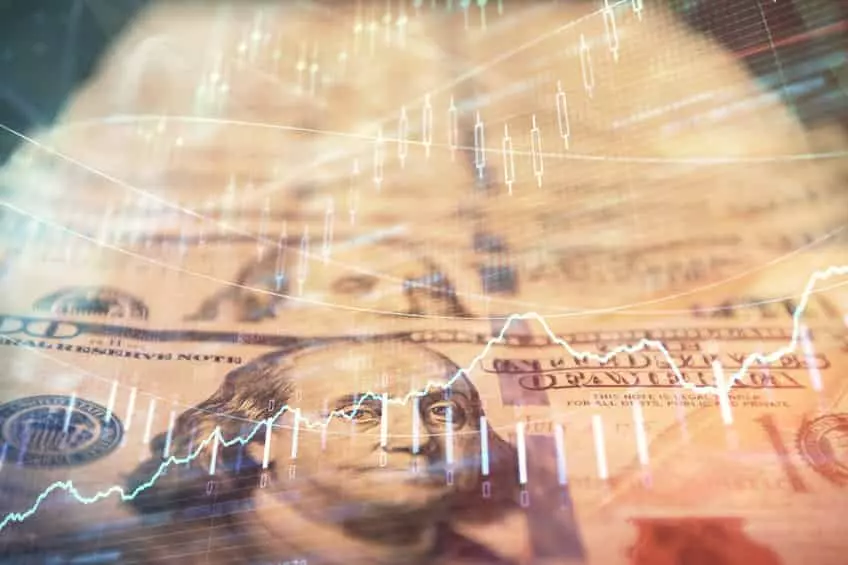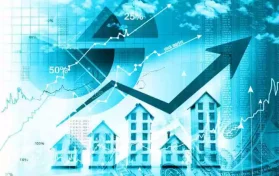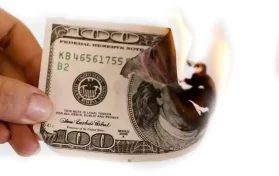
Inflation skyrocketed to seven percent in December, the fastest pace in nearly forty years. Rapid price gains added fuel to consumer fears that the economy is tanking, and Joe Biden’s poll numbers are reflecting those sentiments.
The consumer price index grew to seven percent in December when compared to the same time period in 2021. These numbers are a part of a report from the Labor Department released on Wednesday. This is the fastest increase in prices since June 1982; at that time, inflation was at 7.1 percent. The Consumer Price Index – a measurement that includes prices of gasoline and groceries, rent and health care – jumped 0.5 percent in just one month from November to December.
Economists had expected a bit of an increase; they expected prices to grow to seven percent from December 2020 and 0.4 percent from November 2021 to December 2021.
Core prices, those that include more volatile measurements of food and fuel as well as other energy sources, surged 5.5 percent in December from the same time period in 2020. In November, the core prices had risen 4.9 percent. This is the greatest increase in a one-year period since 1991.
Surprisingly, the rate of inflation did not have a detrimental effect on the stock market. The Dow Jones was up by 38 points and the NASDAQ was up 34 points.
Increases in prices are across the board. Energy prices fell just over one percent in December from November, but the price of fuel is still up by just over twenty-nine percent. Gasoline costs nearly fifty percent more than it did this time a year ago. Food prices are up by six percent and used vehicle prices are up a whopping thirty-seven percent. The cost of shelter is up by 0.4 for the month of December and is up just over four percent for the year. That is the fastest rate of growth since February 2007.
A chief strategist at Principal Global Investors, Seema Shah, was quoted as saying, “inflation at seven percent is no joke.”
This is the highest Consumer Price Index number since 1982, and it is driven by the price of all goods, not simply just energy costs. However, Shah did admit that this could be the peak for annual inflation due to the idea that supply chain issues seem to be easing. However, some economic experts are saying that the omicron variant could put new strains on the global supply chain.
Any gains in wages are being depleted by the high rate of inflation. Hourly average earnings rose by only 0.1 percent in December. The 0.5 increase in inflation took a huge bite out of the wage gains of 0.6 percent. On any annual basis, real earnings actually declined by just over two percent.
President Joe Biden’s ratings have taken a real walloping due to inflation woes and other issues, including the Biden Administration’s handling of the Omicron variant.





